This year's deadline is
September 30. We will award the Tom Howard Prize of $1,500 for a poem
in any style or genre, and the Margaret Reid Prize of $1,500 for a poem
that rhymes or has a traditional style. Ten Honorable Mentions will
receive $100 each (any style). The top 12 entries will be published
online. The top two winners will also receive one-year gift
certificates from our new co-sponsor, Duotrope.
The entry fee is $12 per poem.
As final judge of the Contest,
I was tasked with selecting two winning poems—one in each category—and
ten Honorable Mentions. I failed.
It's not that I didn't read
each poem assigned to me from among 2017's 3,223 submissions. I did.
It's not that I didn't reread them. Over the course of several months,
I did. And it's not that the poems were too similar; that none of them
stood out. Indeed, it was their dissimilarity that undid me. For how to
choose, when the comparison is not apples to apples but apples to a
Hesco fence, a short bibliography of secrets, or the Towers of Silence
where the dead of the Parsi tribe wait?
"Unshorn, we are death
itself: serpentine / and secret. Our hair conceals our power / to bear
souls into the world, to feed them / from our own flesh: sower, tender,
reaper, / shepherd, wolf, wool and fur." These poems incited me.
"...Birds practice ascending declensions / of birdsong: Amo; Amas;
Amat..." These poems lulled me. "Gradually words scattered,
fled their posts, / dictionaries, unread, lay open on his desk."
These poems wracked me. "When you put Saturn in the bath / it
floats. / It's true." These poems schooled me. There were too many
standouts.
Winding through the Bay Area's
redwood forests with my daughter, then, I noted which poems tracked and
followed me. Teaching a class of MFA students, I considered which poems
I might've used as examples of impeccable this or explosive that. And
in bed, tossing and turning, I acknowledged which poems leveraged
words, strategies, motifs, cadences I wished I'd come up with first.
Ultimately, I settled upon fifteen poems—and Winning Writers was
gracious enough to green-light the additional honorable mentions,
because...well, read on and discover exactly why.
The Winners
"A
Word Like Rat" by Karen Harryman
Tom
Howard Prize for verse in any style
Each of us is, or has been, gripped by a secret; shaped and crushed by
a secret. "A Word Like Rat" begs for turnaround: for secrets
we can hold, shape, crush, and a word that compresses them further,
till they're manageable. This dexterous poem ambushed me. First, I was
meeting Aunt Sandra—a commanding woman, even in her housecoat—as though
the speaker and I were childhood friends. In the space of a few lines,
years went by. And I found myself face to face with the speaker again,
sipping coffee. Concerned. But my experience of the poem didn't end in
that cafe. Nor in this one, where I compose my remarks. For this poem
is a blank, a puddle. As much as it contains the dirt—the speaker's
distress in the wake of her father's solitary death—it also reflects
the sky, and within that sky all our rising prayers for control over
the uncontrollable.

"From
the Mouth of Kitsee's Inlet" by A.T. Hincapie
Margaret
Reid Prize for verse that rhymes or has a traditional style
This loose corona of American sonnets is no outdated artifact.
"From the Mouth of Kitsee's Inlet" is as bold and modern a
crown as any you might admire on a drag queen strutting the stage.
Expertly forged from convention and rebellion, burnished to perfection
through exacting revision, it stands up to scrutiny. If each individual
poem in this crown of sonnets is autonomous, so, too, are the precise monostichs,
couplets and tercets—every image, every argument and observation, every
thematic concern bearing the glint of brilliance. A young nephew buries
fish bones at the mouth of the empty inlet, "for next year's
fish". An elderly mother hoards barrels of five-minute greenhouse
gutter floods "for next year's food". We gather our
obsessions, petal by petal, into our hungry mouths. "Now becomes
nonverbal" so that we do not converse with these poems, but graze
against them; run a finger along the crown's cool surface, circling
smoothly from the first poem's opening word to the last poem's final
word: "Look."
While this poem overturns
multiple conventions, it pays strict homage to others. Traditional
elements span both form and content: for example, each sonnet's closing
couplets deliver a volta—or "turn"—whereby the argument or
mood of the poem pivots, displaying the complexity of timeless issues
such as mortality, obsession, and the unassailable passage of time
(both seasonal and personal). To add flavor to this thematic
profundity, the poet sprinkles in time-honored ingredients including
laments, philosophical musings and explicit, time-honored
references—e.g., to the tale of Icarus.
The most notable tradition
upheld by "Kitsee's Inlet", though, may be the formal
repetition that melds these artful sonnets into a crown. In a
traditional corona of sonnets, the final line of the preceding poem is
repeated as the first line of the succeeding poem: here, echoing
words link each poem's last line with the first line of the poem that
follows. Moreover, in a traditional corona, the first line of the first
poem serves as the final line of the last poem—and here, lines
hinging upon the word "look" both open and close the entire
sequence.
But these repeated bits are
only words, and not entire lines, a stickler might argue. As mastery
increases, I would respond, so too does the poet's understanding of how
to spin tradition and manipulate form. Consider the Elizabethan
poets' 12-line sonnets; George Meredith's 16-line sonnets; Rainer
Maria Rilke's love sonnets (written, in colloquial language, not about
the dark lady or the innocent girl—but about dogs and mirrors and the
beloved act of breathing itself); Wanda Coleman's explosive American sonnets.
These revolutionary responses to poetic predecessors represent what
some consider the apotheosis of the sonnet form: classics made modern,
thereby keeping the form alive.
Honorable
Mentions: Tom Howard Prize
"Water"
by Sylvia Adams
This poem is full of deep imagery linking the physical and spiritual
realms. As the living are rescued, panicked, from the trees and
rooftops they cling to, the dead find respite in "Water". The
living are saddened by the sight of homes lifted from their very
foundations, contents spilled. Yet the dead discover comfort in the
sensation of being unmoored. Even as the living attempt to dredge the
depths—always keeping an eye on the forecast, in fear of another
storm—the dead find quietude. And as material objects tangle and catch,
rendered useless, the dead hum while they float. They are caressed and
recognized. Respected. Not quite gone for good.
"Shorn"
by Katie Bickham
Rhythmic and emotional as a hymn, but stripped of its faith and
adornment, this poem stands before us naked, pleading, incriminating.
"Shorn", a truly meticulous rant, embodies the unique quality
that Wordsworth used to define poetry: it "...takes its origin
from emotion recollected in tranquility." It seethes. It
envisions. It assesses. It alludes. And in the end, this poem doesn't
even let God off the hook.
"My
Brother In Law Leaves the World" by Richard Brook
The word "meaning" stems most recently from an Old English
verb. Mænan is to mean: to intend or signify. But it is
also to tell—to lament. And "My Brother In Law Leaves the
World" is an elegiac poem, but also a meticulous piece of carpentry
that turns meaning into a hinge, metaphor into a joist. The precision
of its language is unequivocal, the cohesion of its imagery
breathtaking. A man tracks the histories, the legacies of words from
East to West. Afternoon sunlight whitens a desk. And finally a
dictionary lies open, wings spread, as birds lose their names and the
spirit itself prepares to fly.
"Celestial
Bodies" by Rata Gordon
This poem is an ultra-compact galaxy of facts, impressions, and images
bound by gravitational attraction. Each word, stanza, section that
comprises it is both whole and part—and occasionally its center (the
magnetic relationship between "me" and "you")
generates vivid flares: "I don't like it / when you fall asleep /
on top of me." Perhaps, like our own galaxy, "Celestial
Bodies" is on a collision course.
"Belonging"
by Atoosa Grey
How is it that, not knowing the name of the city in
"Belonging", I'm certain I've been there? How is it I've seen
its orange light bending like a whale; felt its wind following my
running form? How is it that I have been both the daughter and the
mother in this exquisite poem, which holds the reader close—breathing
when we breathe, turning when we turn, sighing as we sigh too?
"A
Short Bibliography of Secrets" by Mary O'Melveny
O'Melveny makes intimate reference to the stories shaping three
generations' lives—identifying each subject and period; giving credit,
sought or unsought, to the authors of major incidents. Like any
bibliography worth consulting, this structured record provides critical
notes leading to more: discoveries of misplaced faith and kindness;
traumas rising from the depths of memory; reflections on the cowardice
and wisdom of running away; and stupefying realizations like the fact
that people leave, sometimes, without leaving, or that our lives are
both larger and smaller than we know.
"Seeing
Through Glass" by Michelle Tibbetts
This is one of the most unique poems I've read this year. Deceptively
straightforward, it offers a literary lens for viewing the parent-child
relationship. What merits a child's selfish love but the assurance of
being seen, valued, saved? And what is the reward of bearing offspring
if not perceiving the world anew? In fascinating symbolic imagery, the
poet answers these questions and others.
Honorable
Mentions: Margaret Reid Prize
"Aletha"
by Trent Busch
"Aletha" was the first contest entry to haunt me. I moved past
it, then circled back, as the poem inevitably circles back to memories
of demure Aletha: etymologically, and in urban parlance, a powerful
speaker of truth. Throughout many long nights of reading, I never quite
shook this poem. Instead, its loose ballad rhythm and dark pastoral
imagery shook me. Is it Time, or another speaker, whose advances Aletha
chastened? No matter: both will be finished in the gloaming.
"Estate
Sale" by Teri Foltz
The sestina is a complicated, unforgiving form. Appropriate, then, that
"Estate Sale"—a complex, unflinching poem—should adopt this
structure. Here, the living brush aside or cannibalize the dead. Here,
intentions fray and tradition tires. Nobody will read the obituary.
Nobody—not even the earth—will make drastic accommodations. The entire
world is frozen solid, but for the scalding words that recur from
opening to envoi, changing forms so nimbly that one barely recalls
having met them in their former incarnations.
"Sonnet
for the Driveways of Our Childish Years" by Curtis
LeBlanc
Missed/violence. Lawn/down. Dishing/eclipsing. Mothers/other.
Forced/outdoors. Palms/alone. Read this sonnet aloud, and you'll find
that its near-rhyme reveals its true rhythm, which is as natural as the
shhhh of your breath; the pound of your pulse. American as basketball,
universal as growing up, "Sonnet for the Driveways of Our Childish
Years" reflects a narrow slice of history but, in doing so,
divines an expansive swath of our national consciousness.
"The
Vultures of Mumbai" by Jeanne-Marie Osterman
This poem derives its hypnotic strength from a blend of formal
structural elements—including couplets, rhyme, a cadenced refrain and
other elements of the ghazal. Like a traditional ghazal, too, "The
Vultures of Mumbai" evokes metaphysical questions and melancholic,
symbolic visions. But unlike a ghazal (a form with seventh-century
Arabian roots that have branched to take hold worldwide, thanks to
literary heavyweights including Rumi, Hafiz, Goethe and García Lorca,
as well as popular singers like Jagjit Singh and Begum Akhtar), this
poem employs its own unique architecture. It disrupts the ghazal's
time-honored rhyme-refrain scheme, just as modern advancements disrupt
sacred traditions. Its surging cell towers and luxury towers expose and
indict the living, even as the Towers of Silence ritually expose the
dead.
"The
Following Shadow" by Kathleen Spivack
The French Canadian sonnet's volta, or turning point, occurs in its
rhymed ninth and tenth lines. Yet "The Following Shadow"
takes subtle turns throughout: birds conjugate the original Latin love
song as clouds dream and the sobs of somebody far away ring out with
the rhythm of the waves. It is only fitting, then, that the poem ends
with a clever homonym, sketching an elliptical moon directly above us—a
faint, abstruse oval that will flutter from sight even as we crane our
necks to track it.
"The
Insurgent" by Eliot Khalil Wilson
There is a curving river in Ghana that was named The Volta by
Portuguese gold traders, as its waters were where they reversed course
and headed home. Like the river, the poetic volta (or "turn")
in the final couplet of this modern Shakespearean sonnet represents a
shift in direction: a devastatingly final current that turns us around
and brings us swiftly home to the poem's central truth. But first, in
fluid iambic pentameter with just enough metrical variation, we travel.
We explore. For the quatrains of "The Insurgent" carry us
nimbly over expansive terrain, past barriers that are no obstacle, into
war and dreams of war, to witness protocols that fail and precautions
that kill.
|

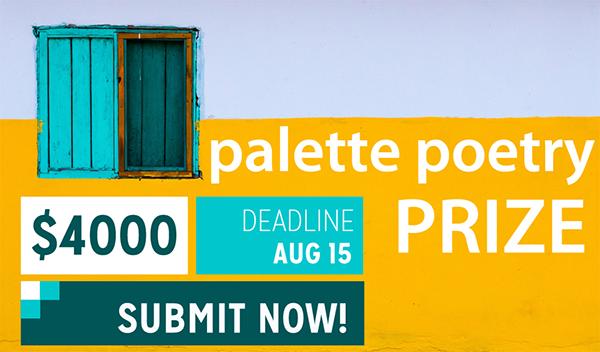
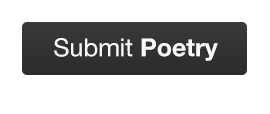
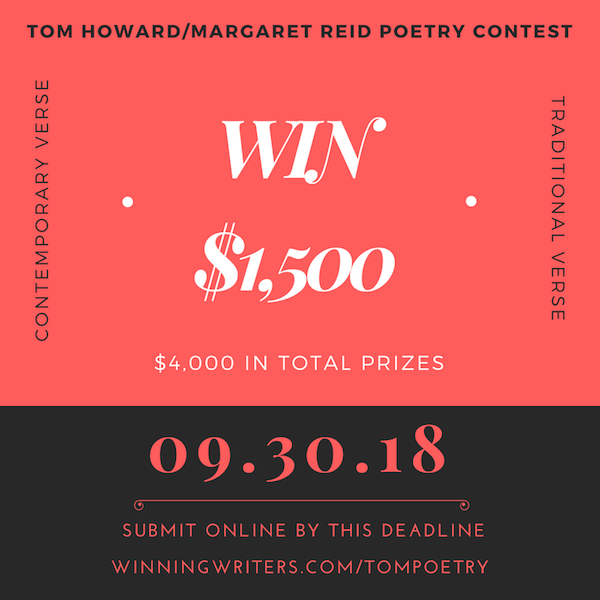




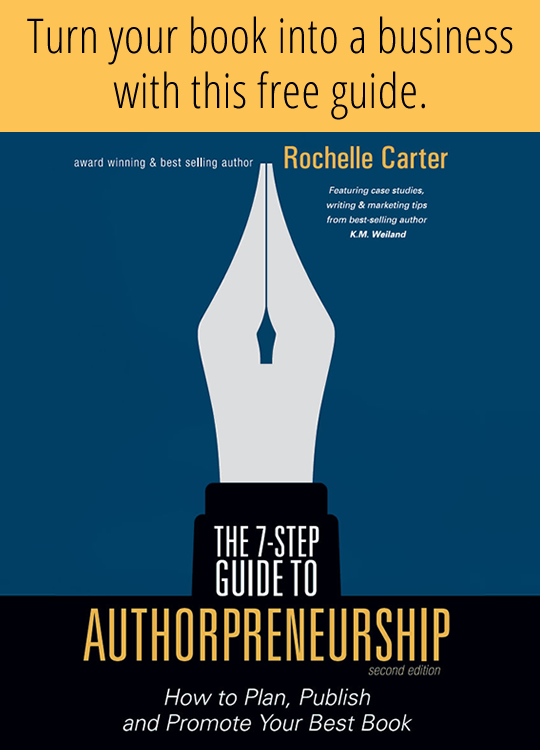









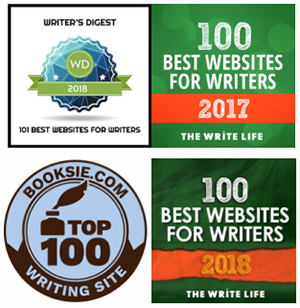
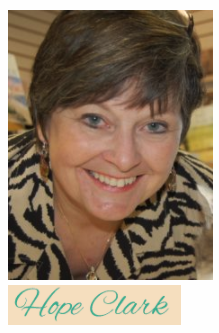
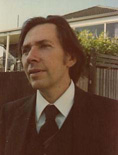

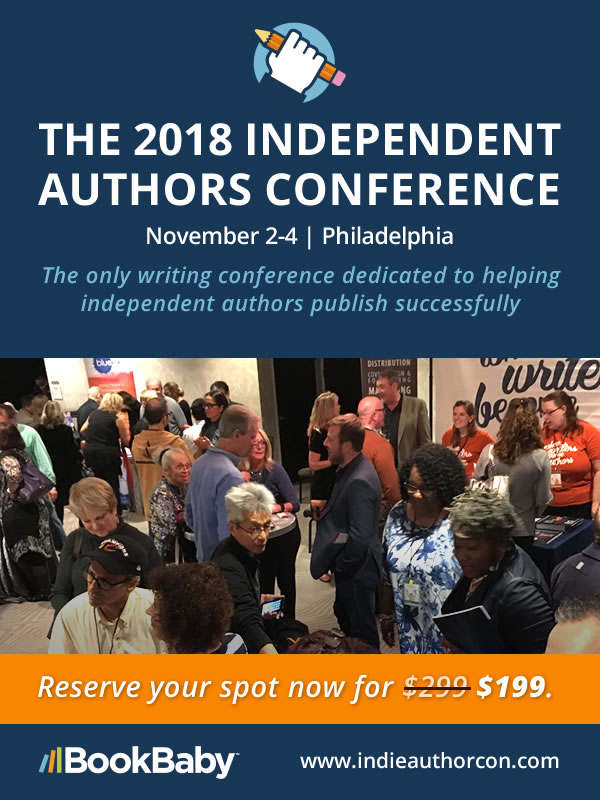
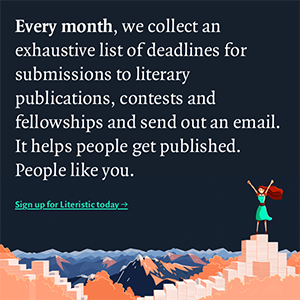
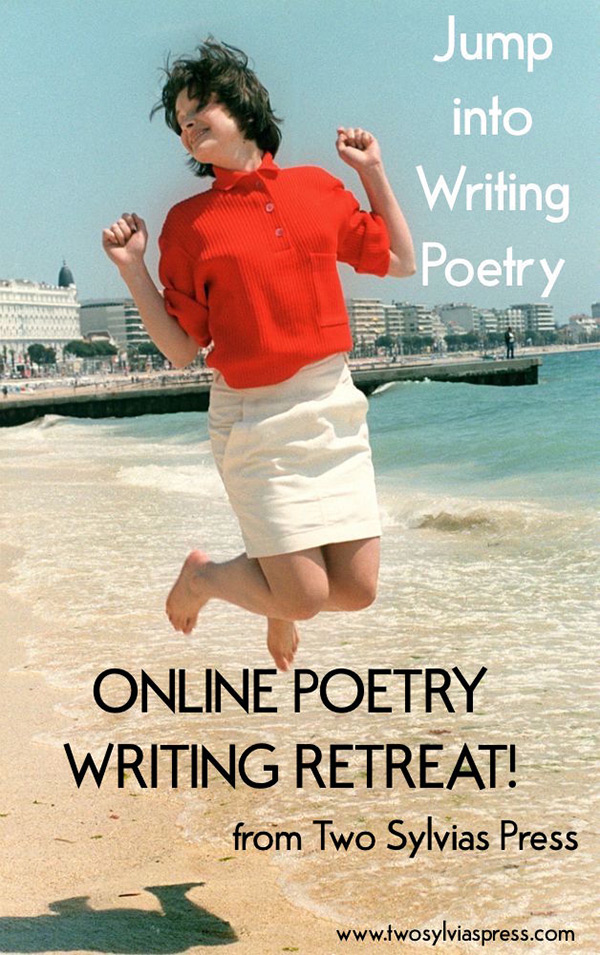
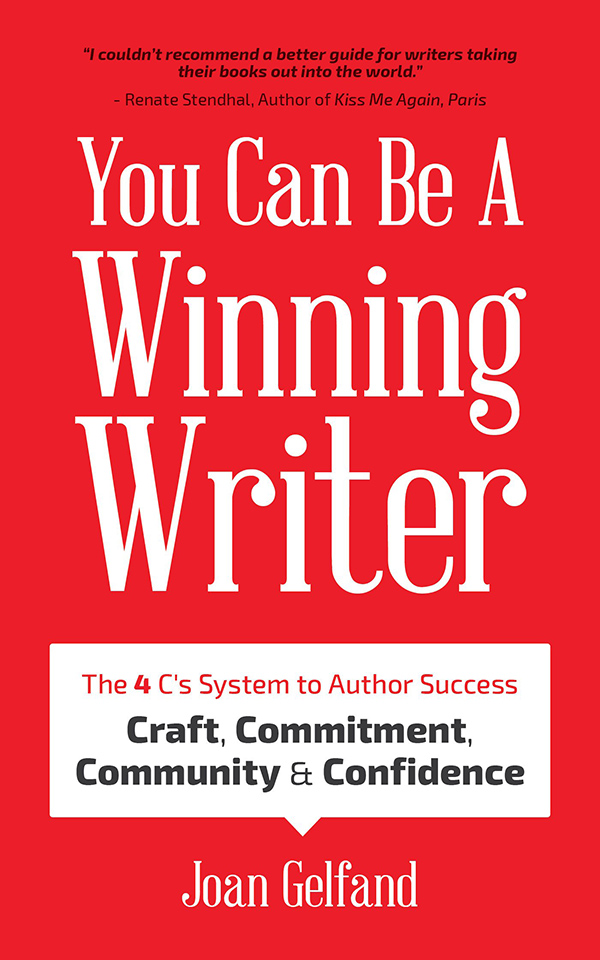
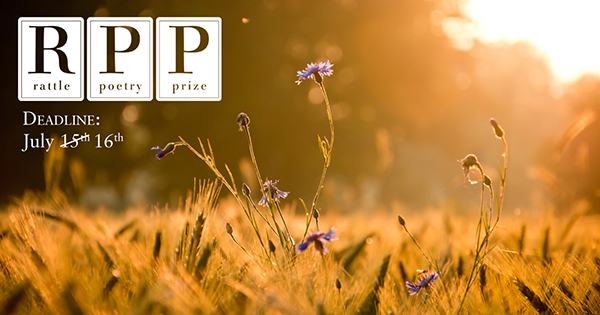
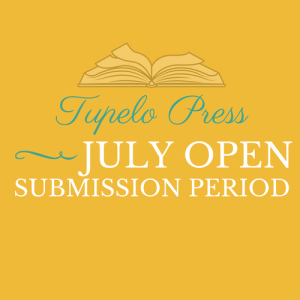
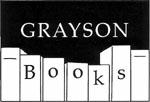
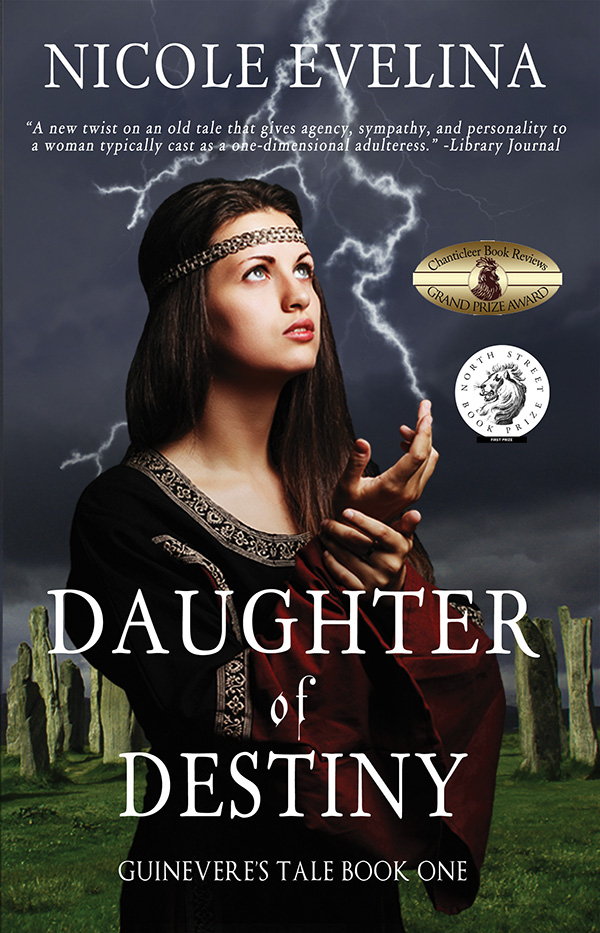
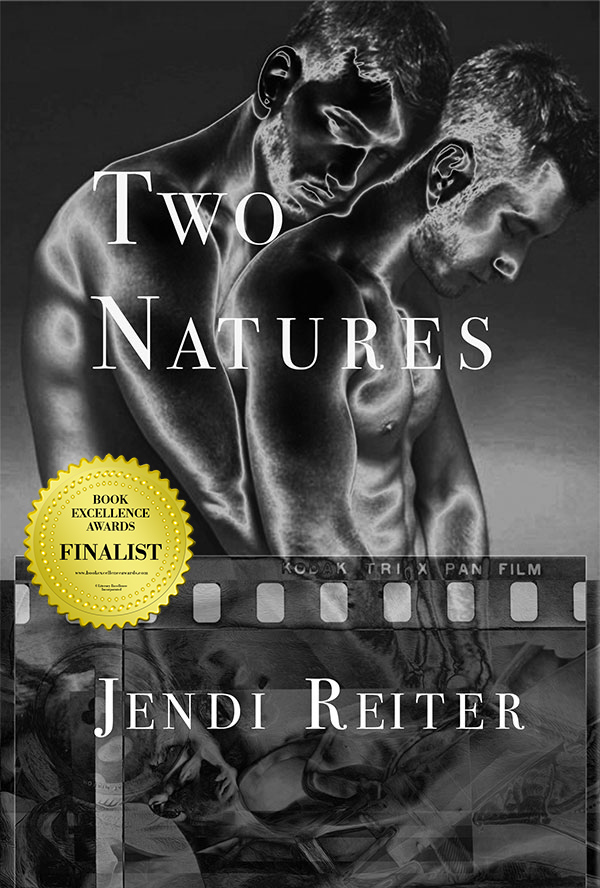
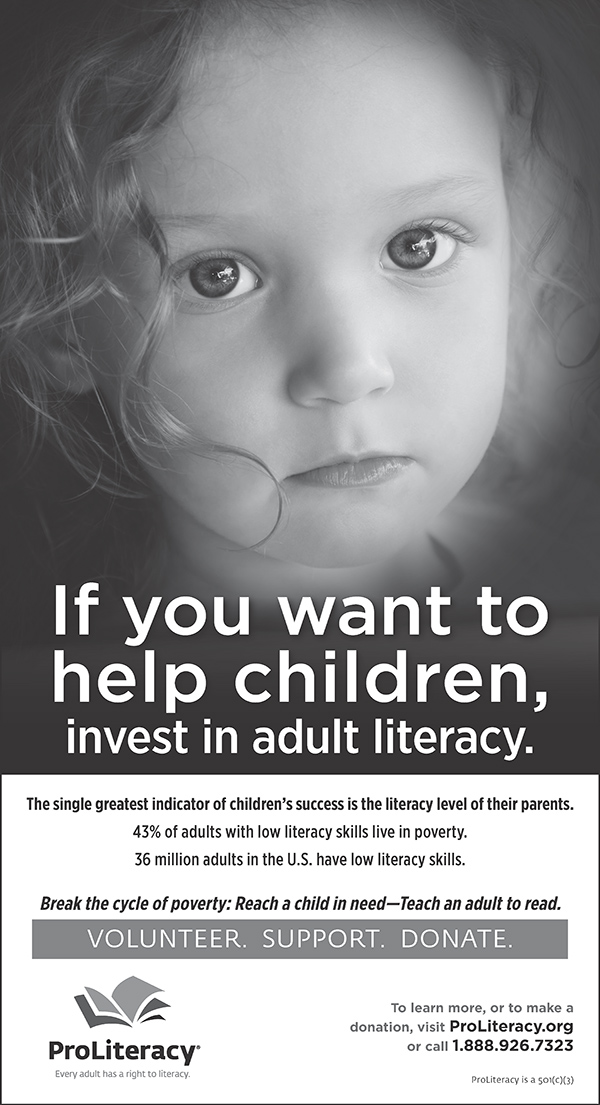

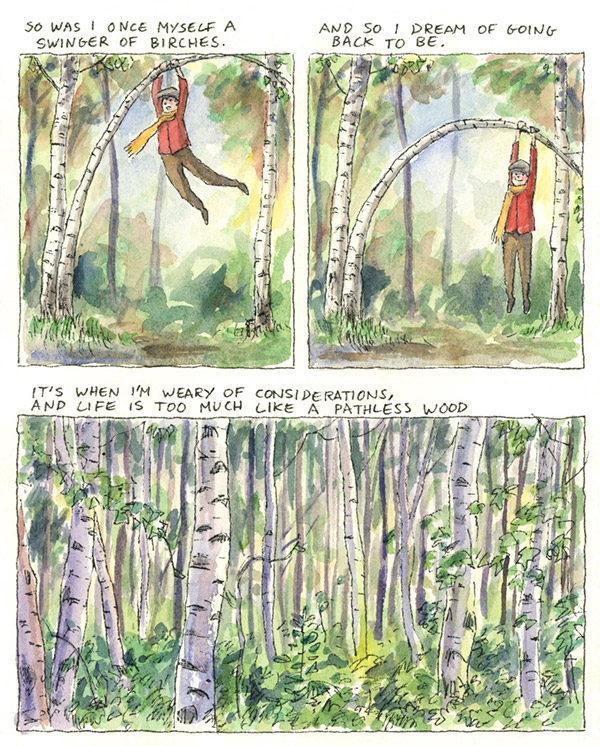
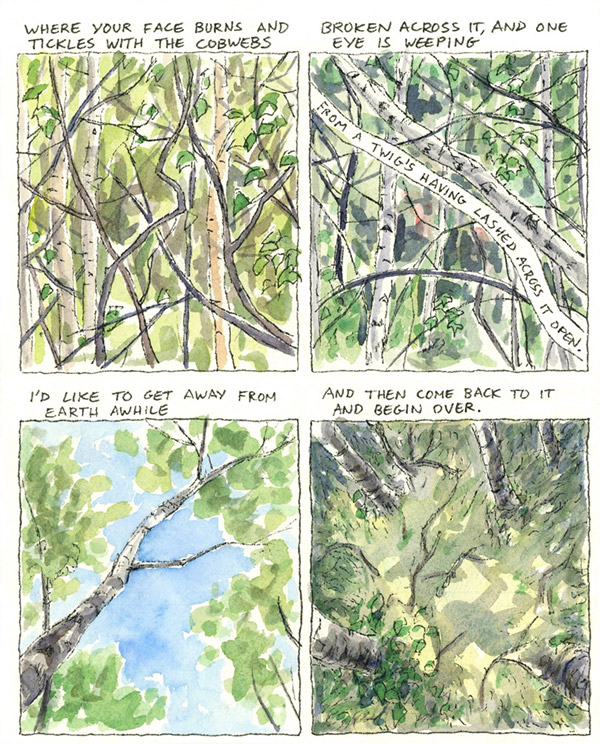
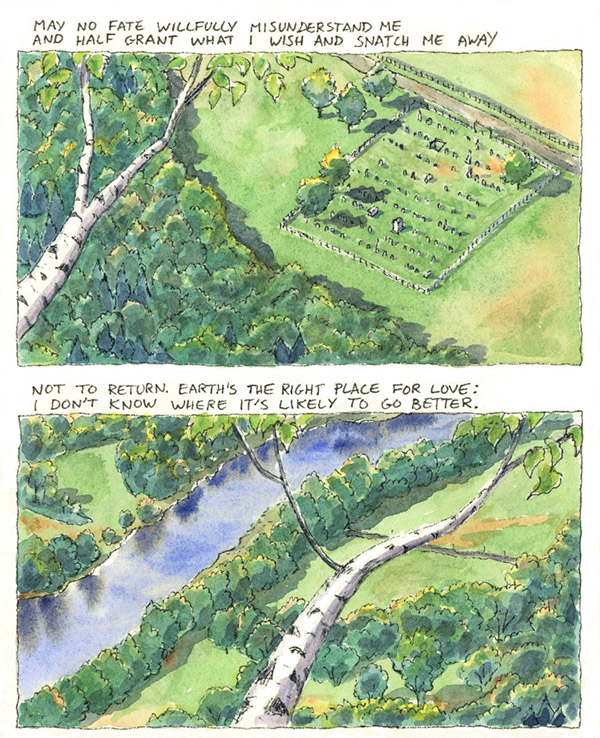
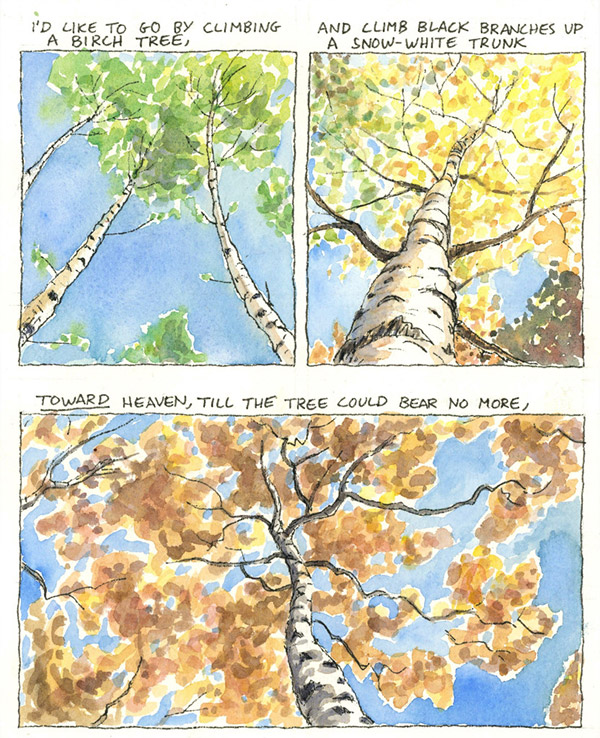
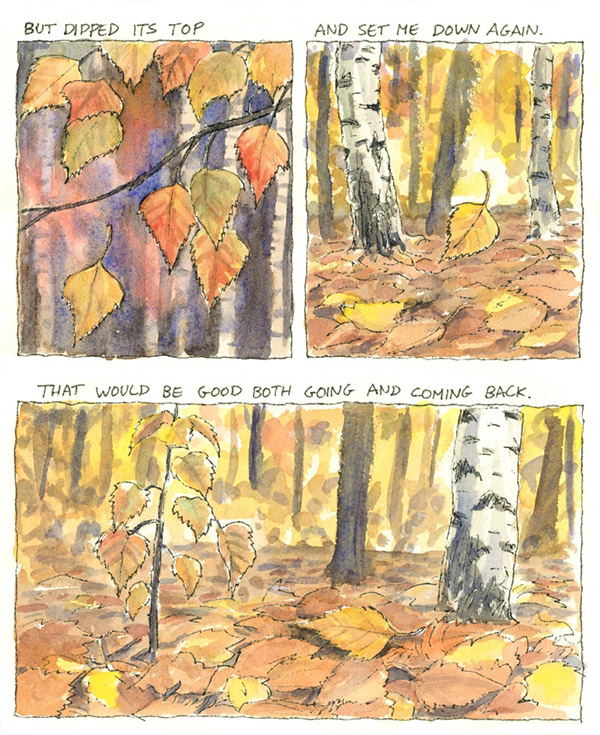
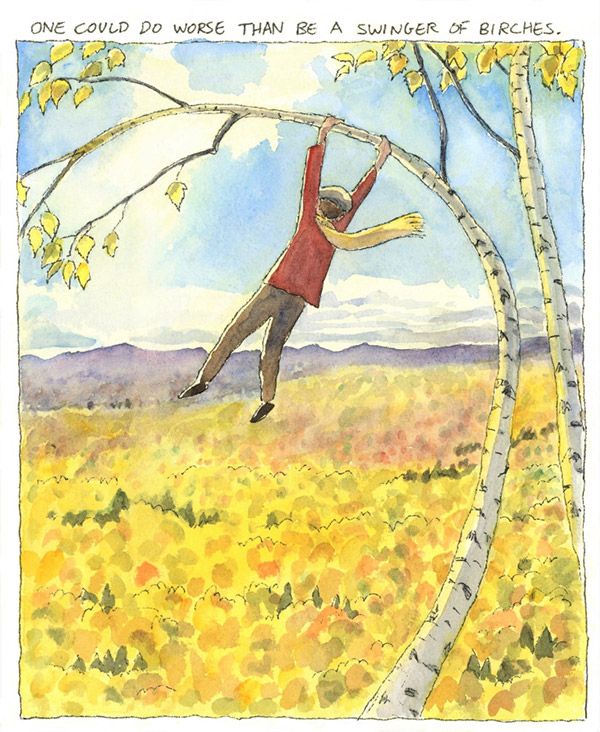

No comments:
Post a Comment